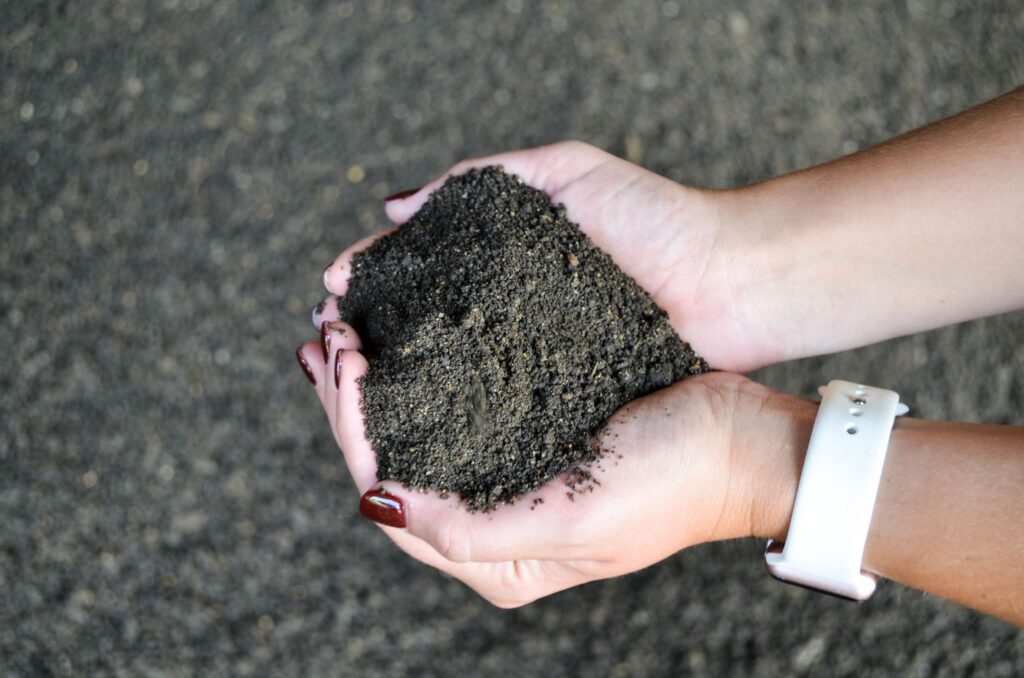Topsoil screens are an essential tool for any landscaping or construction project. They help to remove debris and rocks from the soil, leaving you with a more refined product that is easier to work with. But with multiple topsoil screens on the market, how do you choose the right portable topsoil screener for your needs? Here are a few things to consider when making your selection.
Why should I screen topsoil?
Topsoil is usually dark in color and is high in organic matter. Topsoil is important for plant growth because it holds more nutrients and water than other soil types.
Screening topsoil can help remove large pieces of organic matter, stones, and other debris that can harm plants. It can also help to improve the drainage and aeration of the soil. Screening topsoil is a simple process that can be done with a hand trowel or a small sieve. Screening topsoil has many benefits, but perhaps the most important reason is that it can help improve your plant’s health.
How does a portable topsoil screener work?
A mobile topsoil screener is essentially a machine that separates soil from other materials, such as rocks and debris. The device has a mesh screen that separates the soil particles by size. The smaller particles fall through the screen while the larger ones are caught on top.
A topsoil screener is a straightforward appliance that has many uses. It can be applied to filter topsoil, gravel, sand, compost, and other materials. It is also used to separate different sizes of particles to create a uniform product. Topsoil screeners are easy to operate and can be used by anyone. They are small enough to be transported easily and set up quickly. Screeners can be rented or purchased for both residential and commercial use.
What are the different types of topsoil screener?
There are a variety of topsoil screeners on the market to choose from. Depending on your needs, there is a screener to fit your budget and requirements.
The three main types of topsoil screeners are trommel screens, drum screens, and vibratory screens. Trommel screens are the most expensive option but also the most efficient. Drum screens are less expensive and work well for small jobs. Vibratory screens are the least expensive option and work well for larger jobs.
No matter what type of screener you choose, ensure you get one that is durable and easy to operate. Topsoil screeners can make your job easier and help you get the most out of your material.
How to choose a suitable topsoil screener?
When choosing a topsoil screener, you need to remember a few things. First, consider the type of machine used to screen the topsoil. There are hand-operated screens, as well as powered screens. The type of machine will determine the size and capacity of the topsoil screener.
Next, consider what sort of material will be screened. Topsoil can vary in particle size, so choosing a screen that will allow for proper drainage while still catching the smaller particles is vital.
Finally, take into account the cost of the topsoil screener. There are many different models on the market, so compare prices before making a purchase. By considering these factors, you can be sure to choose a topsoil screener that is right for your needs.
How much does it cost to screen topsoil?
The cost of topsoil screening will depend on a number of factors, including the type of topsoil you have, the amount of topsoil you need to screen, and whether or not you have your own screening machine. If you have a large amount of topsoil to filter, or if you need to screen a particularly coarse type of topsoil, it may be more cost-effective to rent or purchase a topsoil screener. Otherwise, the cost of hiring someone to do the work for you will be determined by the size and complexity of the job.
If you do not have your machine, you can expect to pay around $50 per hour to rent a machine. The average cost of topsoil is $15 per ton. It would cost $30 to screen 2 tons of topsoil. The costs can add up quickly, so it is essential to plan ahead and budget for the project. Screening topsoil is an integral part of many construction projects, so it is worth the investment to ensure that the job is done right.

